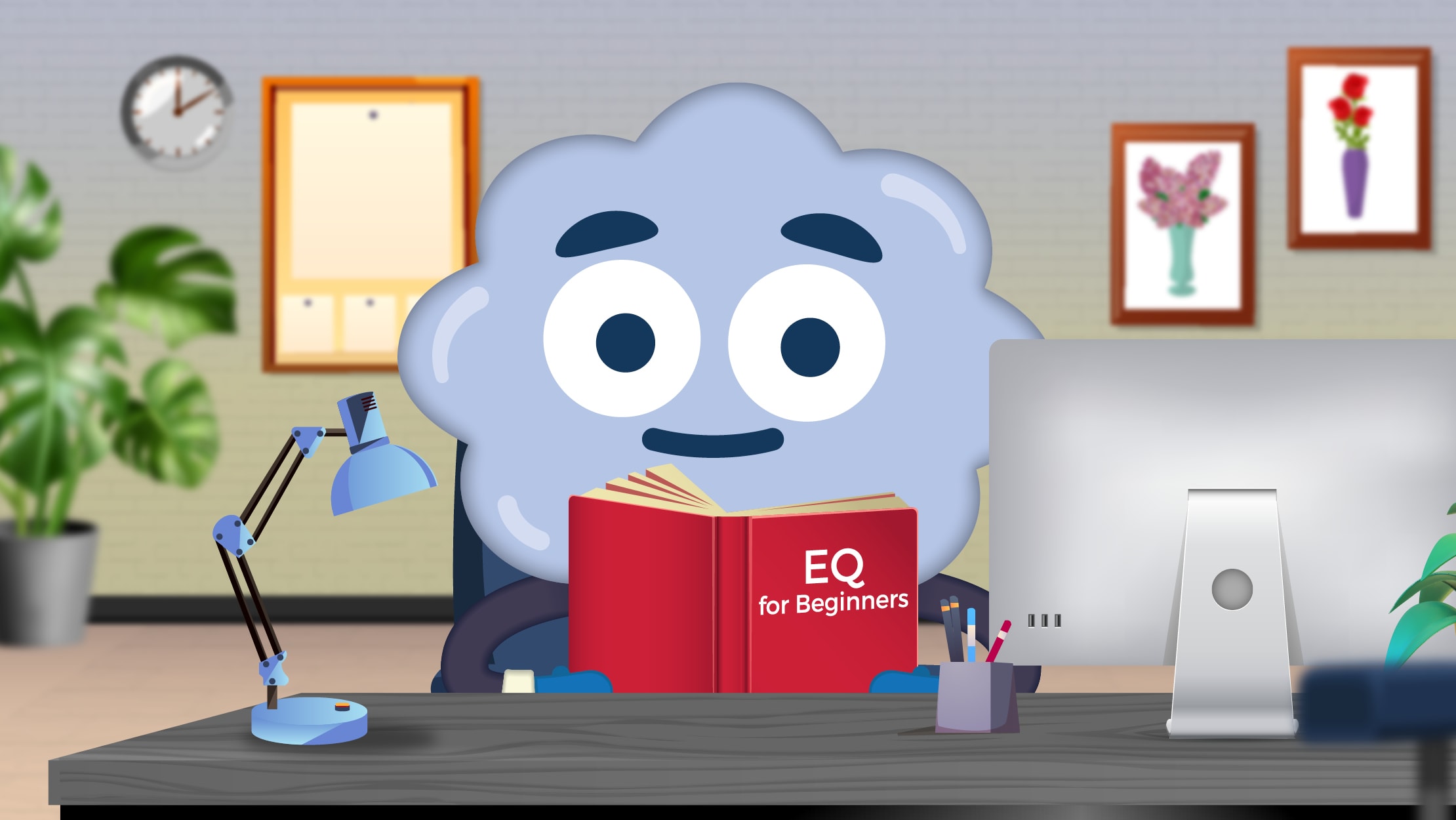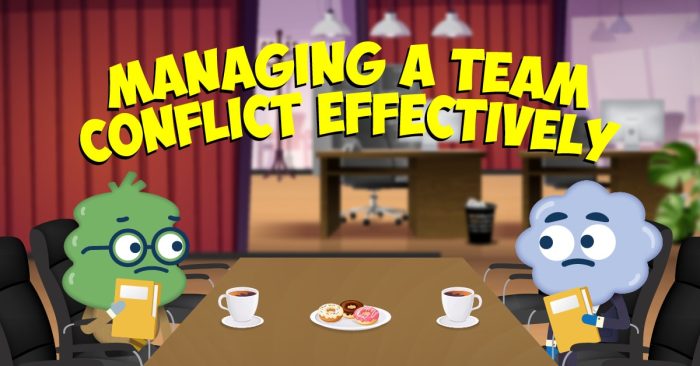Applying Emotional Intelligence
Duration10'
No. of mini-lessons2
ResourcesDevelopment Plan
Duration 10'
No. of mini-lessons 2
Resources Development Plan
Course overview
When your employees lead a team, they get to know their team members’ personalities pretty well. And these personalities are often vastly different. On one end of the scale, they might have the quiet one, who prefers to be left to get on with things. And then there’s the polar opposite – the “life and soul of the party”, who’s charismatic but gets a little overexcited. Having diverse personalities is great for creativity, but sometimes, getting everyone to pull in the same direction is a complicated task and can cause friction.
In any business, getting team members to work together and resolving differences are vital parts of leadership. To do this, your employees need to navigate the personalities in their team and communicate successfully with them. This means using emotional intelligence, or “EQ”, to work out underlying emotions and understand how to nurture them.
This course was created to be used as practice for the skills the managers have learned in our course ‘Emotional & Cultural Intelligence’.
What's covered
The definition of emotional intelligence (EQ)
Why EQ is important for business
How to improve the EQ skills

Why your teams need this course
Leaders need to encourage all the personalities in their team to work together, so they can produce their best work. This course explores how leaders can apply EQ, and why it’s important for business. They’ll learn how to put EQ theory into practice, and how to improve their EQ skills, to get the best results.


